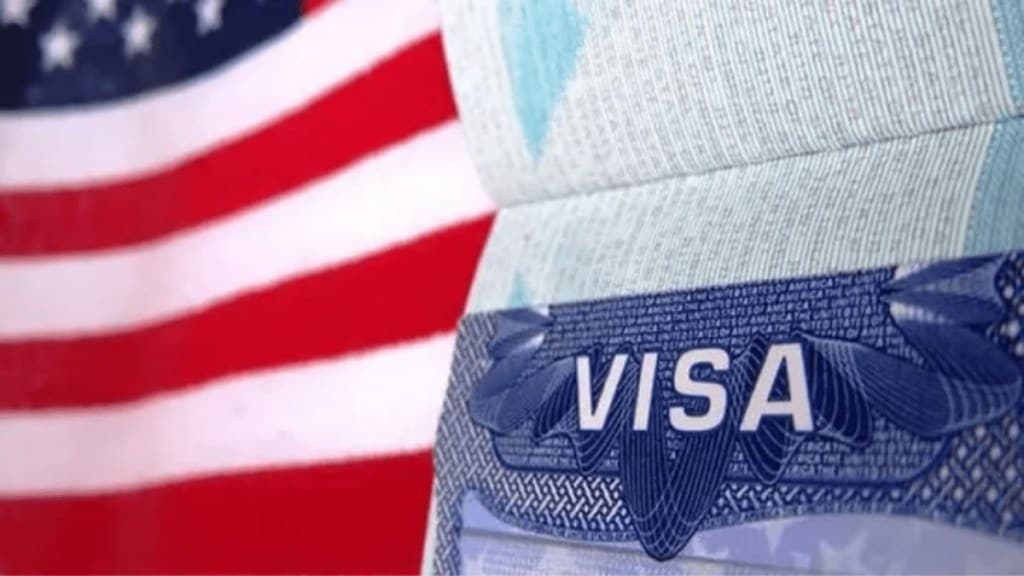The United States has tightened rules for non-immigrant visa (NIV) applicants, requiring them to schedule their interview appointments at the US embassy or consulate in their country of citizenship or legal residency. The State Department announced that the new instructions are effective immediately, applying worldwide to all categories of non-immigrant visas, including those for students, business travellers, temporary workers, tourists, and fiancé(e)s.
Earlier, applicants could travel to third countries with shorter wait times to secure faster interview slots. This workaround became particularly popular among Indian applicants during the pandemic, when delays at home stretched as long as three years.
End of the “visa run” workaround
For Indian travellers, the new rules bring an end to the practice of booking business (B1) or tourist (B2) visa interviews abroad in order to bypass long queues at home. During the pandemic, many travelled not only to nearby hubs such as Bangkok and Singapore, but also to far-flung destinations including Frankfurt, Rio de Janeiro and Chiang Mai to complete their visa formalities.
In fact, two years ago, the US consulate in Frankfurt had set aside specific NIV interview slots for Indian applicants, at a time when B1/B2 wait periods in India were running 15–20 months. Travel agents recall clients spending up to 10 days abroad while awaiting the return of passports stamped with fresh visas.
With the new rules in place, this option has been closed. Indians seeking non-immigrant visas must now queue in domestic consulates, where the current waiting period for a B1/B2 interview ranges from three and a half months in Hyderabad and Mumbai to as long as nine months in Chennai.
Exceptions to the rule
However, the only exceptions apply to nationals of countries where the United States does not conduct routine NIV operations, typically for political or security reasons. These applicants must attend interviews at designated alternative posts. For example Russia: Astana (Kazakhstan) or Warsaw (Poland), Afghanistan: Islamabad (Pakistan), Iran: Dubai (UAE), Venezuela: Bogotá (Colombia), Syria: Amman (Jordan), Zimbabwe: Johannesburg (South Africa).
Stricter interview requirements
The rule change comes alongside tighter interview requirements. From 2 September, the State Department has mandated that all NIV applicants, including children under 14 and adults over 79, will generally require in-person interviews with consular officers. Limited exceptions exist, such as renewals of full-validity B1 or B2 visas within 12 months of expiration, provided the applicant was at least 18 years old when their previous visa was issued.
Implications
For most travellers, the change eliminates flexibility and may extend waiting times in home countries. It does not affect status extensions filed domestically with US Citizenship and Immigration Services (USCIS). Certain waiver categories remain in place for diplomats, officials, and select renewals, but conditions are now far stricter.
The policy is the latest in a series of measures tightening visa rules under President Donald Trump’s second administration. For Indian applicants, who make up one of the largest groups of US visa seekers, the impact is likely to be immediate. Thus, ending the era of “visa runs” abroad in search of quicker appointments.
